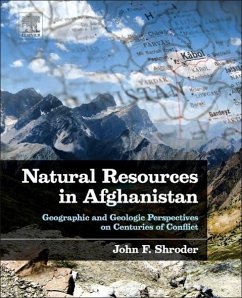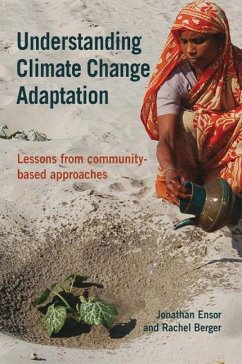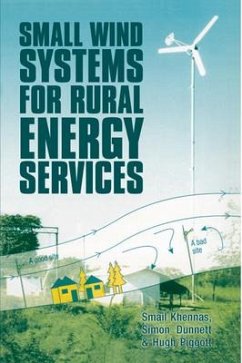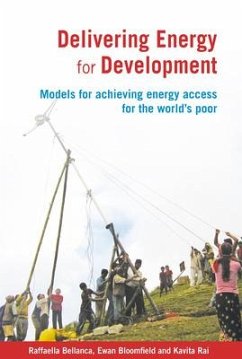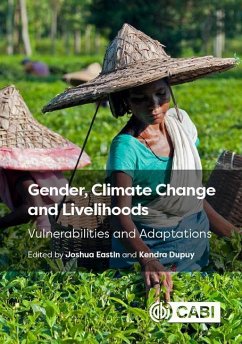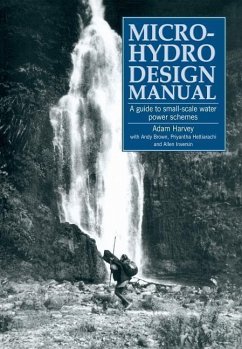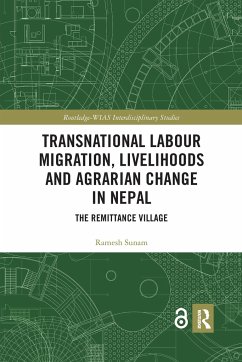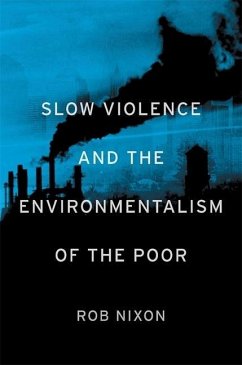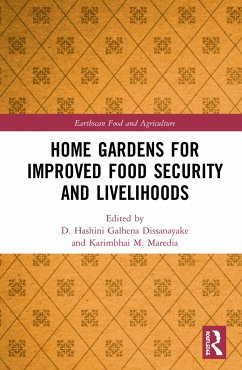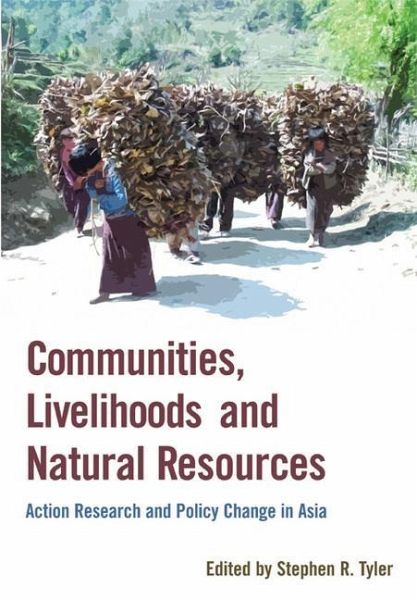
Communities, Livelihoods and Natural Resources
Versandkostenfrei!
Versandfertig in 1-2 Wochen
49,99 €
inkl. MwSt.

PAYBACK Punkte
25 °P sammeln!
This book presents cases from some of the poorest parts of Asia to illustrate how local innovations in participatory natural resource management can strengthen livelihoods, build capacity for local governance, and spark policy change. The book synthesizes results from a seven-year programme of applied research on community-based approaches to natural resource management in Asia. By presenting field reports of innovative approaches to poverty reduction and sustainable resource use, it provides practitioners with models of 'good practice' in participatory, community-based resource management, an...
This book presents cases from some of the poorest parts of Asia to illustrate how local innovations in participatory natural resource management can strengthen livelihoods, build capacity for local governance, and spark policy change. The book synthesizes results from a seven-year programme of applied research on community-based approaches to natural resource management in Asia. By presenting field reports of innovative approaches to poverty reduction and sustainable resource use, it provides practitioners with models of 'good practice' in participatory, community-based resource management, and it demonstrates how site-based research contributes to broader learning in the field of natural resource management and policy. The book features a foreword by Dr David Kaimowitz (a well known authority in the forestry field and former Director-General of CIFOR) and 11 case studies from some of the most marginal areas of rural China, Mongolia, Laos, Viet Nam, Cambodia, the Philippines, and Bhutan. The cases (each one authored by local researchers) illustrate lessons derived from the application of a participatory action research framework that engaged resource users, local governments, and researchers in collaborative learning. They illustrate practical innovations to strengthen livelihoods through improved collective resource management practices and broader technology choices. These experiences point to changes in well-being and empowerment for the rural poor. The comparative assessment and syntheses across cases demonstrate how local successes have led to reconsideration of policy assumptions, and to new ways of approaching rural poverty reduction, resource management, and local governance. The volume concludes that positive outcomes demonstrated in the participatory research cases come largely from practices of shared, adaptive learning through field-based assessment and action. Stephen R. Tyler is President, Adaptive Resource Management Ltd. He directed a program of action research for Community-Based NRM in Asia for 7 years, as program team leader with the International Development Research Centre (IDRC) and has worked with partners throughout Asia on applied research in the field of environment and development for 16 years. He served as consultant to Asian Development Bank, World Bank, CIDA, and other international organizations and has a PhD in City and Regional Planning from University of California, Berkeley.



